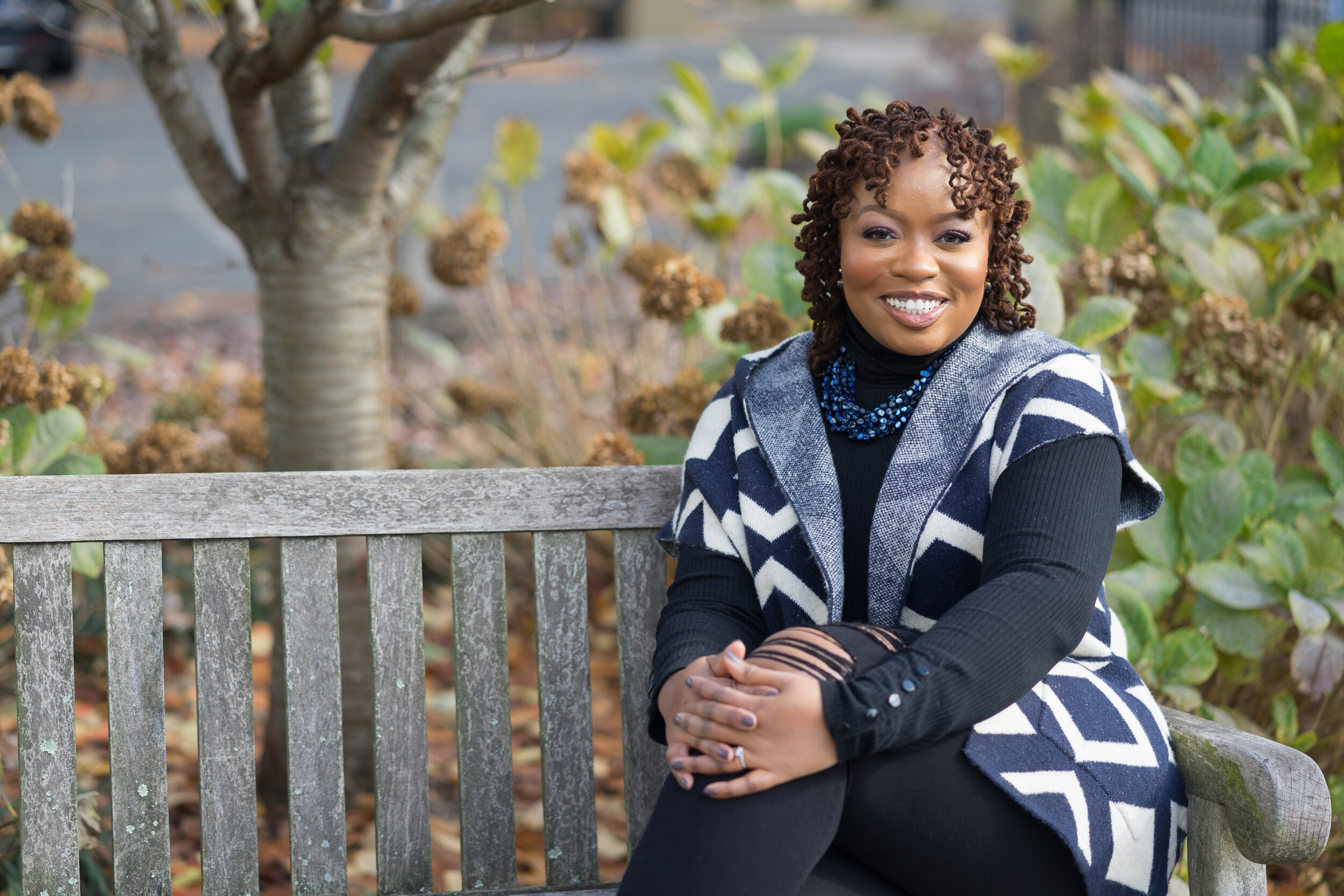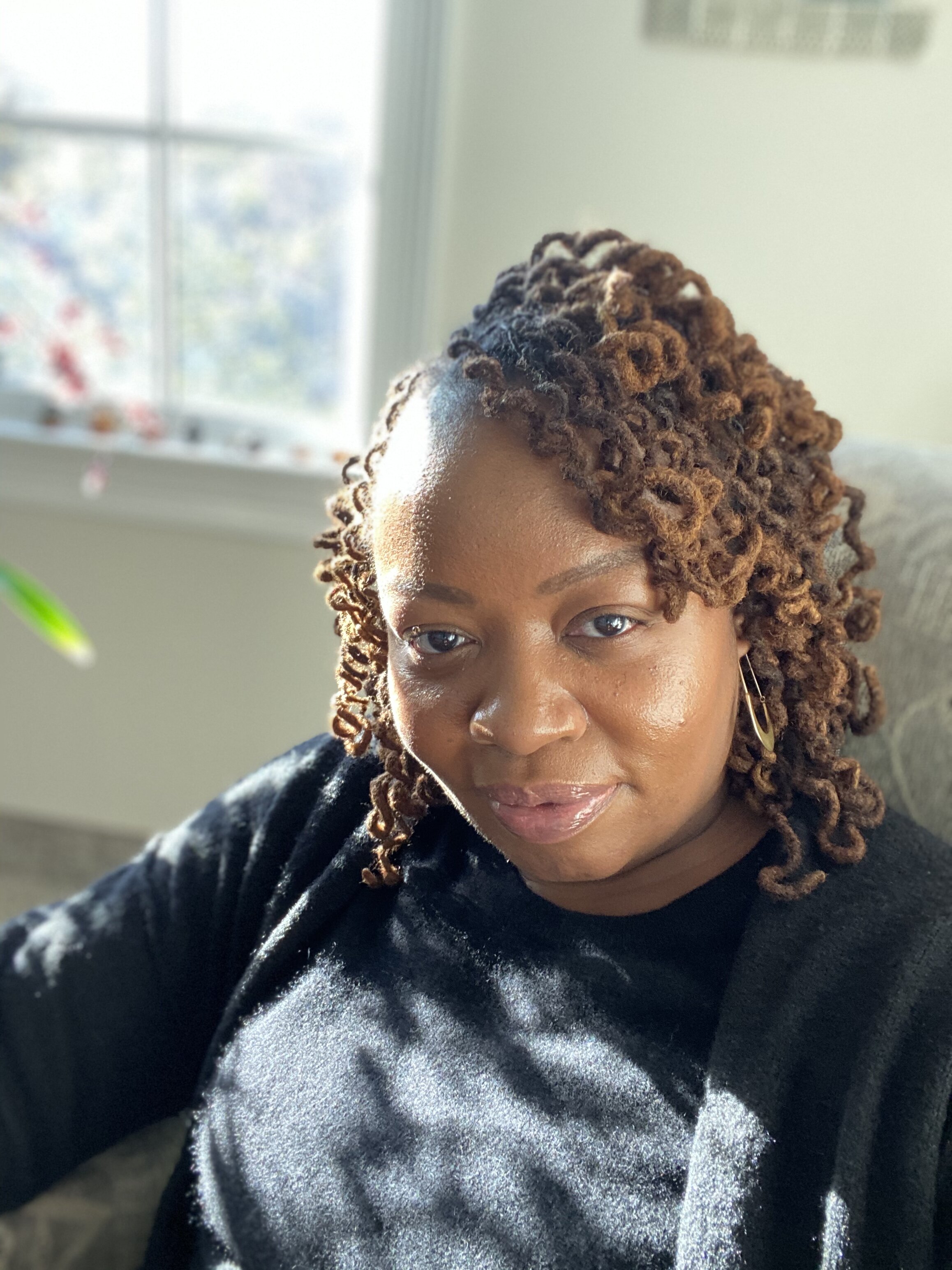Many people think childhood abuse has to be physical abuse leaving broken bones and marks. Our mind recalls the stories we see on TV when a child is removed from the home due to physical abuse or extreme neglect. Those cases are heartbreaking because we can physically see the immediate impact of the horrors that child faced. Yes, there are varied levels of abuse. I want to offer that the abused children face that is unaddressed and impact the lives of many adults is valid also.
Childhood trauma is also emotional abuse that leave scars few people can see.
Childhood emotional trauma often is difficult to heal, because there is so much secrecy surrounding it. This secrecy causes many adults to develop deep shame. This shame causes people to live in pain for decades coping with the impact of their wounds in silence.
The truth is childhood emotional abuse has not received the same attention compared to other forms of trauma such as sexual assault, or physical abuse. ⠀
⠀
For many emotional abuses by parents or adult caregivers still remains a large gray area of misperception about parenting stressors or cultural differences. ⠀
⠀
Because of all of the gray as a society we tend to have more tolerance when it occurs inside the home compared to when it occurs outside the home. ⠀
⠀
There are real negative consequences when we fail to address childhood emotional trauma and neglect.
Adults who grew up with childhood trauma experience more anxiety, depression, chronic pain, stress sensitivity, chronic illness, sleep problems, low self-worth, imposter syndrome, and the feeling of being “stuck” life.
Know that if this was your childhood there can be healing.
What you face was real and your pain matters also.
The past doesn’t have to continue to negativity shape your future.
Seeking support from a mental health professional who has a trauma-informed approach is one-way survivors can get help.
To find a therapist in your area you look at major directories such as https://www.psychologytoday.com/us https://www.therapyforblackgirls.com or if you're located in NJ call me at 646-859-0125 to email me at Therapyfor@livinginthesecondhalf.com to schedule a free 15-minute consultation.











